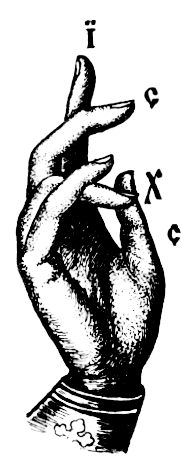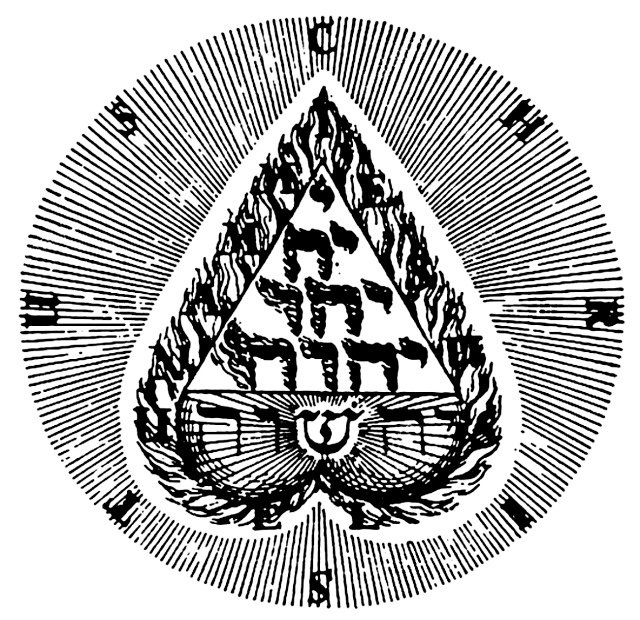The Birth of The Soul - Short Excerpt from “Apples of The Orchard”
- טימותי לורנס
- Feb 24, 2023
- 4 min read
Updated: Feb 28, 2023

I was just studying this now and wanted to share this nice, short excerpt from “Apples of The Orchard” - Parasha Shemot (Names)
These are the names of the sons of Israel coming to Egypt, with Jacob, each man and his household came. - Exodus 1:1
וְאֵלֶּה שְׁמֹות בְּנֵי יִשְׂרָאֵל הַבָּאִים מִצְרָיְמָה אֵת יַעֲקֹב אִישׁ וּבֵיתֹו בָּֽאוּ׃
Inasmuch as there are seventy facets to the Torah and one of these is verbal allusion (remez), we will expound this verse in this manner. The descent of the Israelites into Egypt alludes to the embryo while still in its mother's womb, in between those straits.
The word for Egypt, mitzrayim, means "straits" or "confinements." It is therefore an allegory for the confinement of the soul as it leaves its native milieu in heaven and descends into the confinements of physicality, constrained to experience reality within the parameters of time and space.
The phrase "in between the straits" is paraphrased from Lamentations 1:3.
With this association we can interpret the phrase "And these are the names of the sons of Israel" as referring to the faculties of the soul. For just as the body possesses 248 limbs and 365 sinews, so does the soul, these being the faculties of the soul "who came to Egypt."
*248 Positive Commandments & 365 Negative Commandments = 613 Commandments in The Torah*
If we take "Israel" to refer to the soul itself, the "sons of Israel" are the extensions of the soul, its intellectual and emotional faculties.
The soul, or at least that part of it that is invested in the body, is conceived of as being "tailored" perfectly to the body. (Actually, since the soul comes first, the opposite is the case: the body is constructed so as to clothe the soul perfectly.)
…with Jacob" refers to the fact that they enter the child when it is still inside its mother's womb, "with Jacob," who is the good inclination (Yetzer HaTov).
Actually, it is explained elsewhere' that the child is born only with the evil inclination, and the good inclination enters only beginning at the circumcision (or at birth, in the case of a girl) and fully at the bar- (or bat-) mitzoah. But the Divine soul (together with the good inclination) is indeed present at birth, but only becomes manifest gradually, as the child is educated in the ways of the Torah, culminating at the bar/bat-mitzvah.
The verse continues " ...coming," rather than "who came" in the past tense, because G-d "forms the spirit of man within him," as is explained in the Zohar, meaning that the more a person continues to mature spiritually, the more his soul enters and manifests within him.
It is thus stated there: "There is none holy as G-d..." - meaning that even though Israel are holy, they are not intrinsically holy. Rather, G-d sanctifies them. This is the meaning of the continuation of this verse: "..for there is none other than You,"
meaning: His holiness is not derived from others, but is intrinsic, while Israel's holiness is not intrinsic, but rather derived from none other than Him.
This verse continues: " and there is no rock like our G-d." Our sages interpreted this to mean "there is no artist like our G-d."
The word for "rock" (tzur) is cognate to the word for "artist" (tzavar).
For someone who draws a picture of a person on paper cannot at the same time draw internal organs, such as the stomach, intestines, heart, liver, or spleen, while G-d does not only this but also draws the form of another person inside the abdominal cavity, i.e., the embryo inside its mother's womb. And inside the embryo are more internal organs as well as its spirit.
This is the meaning of the verse, "He forms the spirit of man within him," implying that the more the embryo develops and grows, the more the soul enters it. Our verse therefore says "coming into Egypt" in the present, indicating an ongoing process of entering, for the soul's faculties enter little by little.
Afterwards, at birth, when the embryo has become a person, i.e., a fully developed body, the Torah can refer to "each man and his house," referring to the body, which has become a "house" for the soul.
The next word, "came," indicates that at birth all the soul's faculties fully enter the body.
After listing the sons of Jacob and describing how they all died off, the Torah continues:
"And a new king arose over Egypt...”
This refers to the evil inclination, who is
the "old and foolish king.”
The verse from Ecclesiastes reads: "A poor and wise child is better than an old and foolish king." The Midrash expounds: "The 'poor and wise child' is the good inclination. Why is it called 'a child?' Because it only pairs up with a person from the age of thirteen on. And why is it called 'poor?' Because not everyone listens to it. And why is it called 'wise?' Because it teaches people the upright path [in life]. The 'old and foolish king' is the evil inclination. Why is it called 'a king?' Because everyone listens to it. And why is it called 'Old? Because it pairs up with a person from birth until his old age. And why is it called 'foolish?' Because it teaches a person the evil path, until he no longer knows how to be careful, and he doesn't know how much pain and suffering come upon him [for following it].
Thus, relative to an individual's experience of them, the good inclination is "younger" than the evil inclination.
..over Egypt" means when the person is in the womb.
We thus see that the Arizal teaches that the good inclination actually precedes the evil inclinatior in utero. The evil inclination, even in utero, is called "a new king [who] arose over Egypt,” i.e., who usurped the rulership over the embryo from the good inclination, so that at birth, it is the sol conscious source of motivation.
...who did not know Joseph."
This refers to the Holy One, blessed be He.
The evil inclination is conscious only of the reality of this world.
*Needless to say, this is just a tidbit of this section…
I bought this massive book in both pdf and print form, and have posted a link where you can download the free pdf:

חסד ושלום עליכם והרבה אהבה וברכות
May Grace and Peace Be Upon You and Much Love and Blessings!
שבת שלום
Shabbat Shalom!

















Shabbat Shalom!